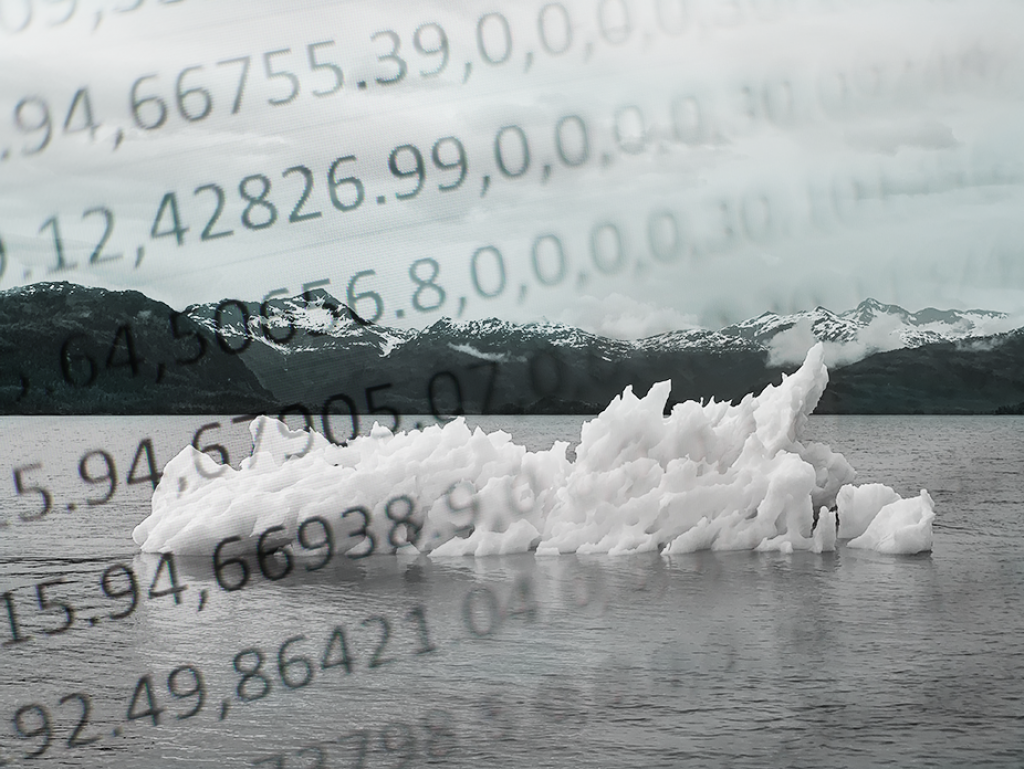Data-driven research on climate finance

Understanding the behavior of firms, markets and consumers is a crucial step in developing effective policies to counter-act the negative consequences of climate change. But to understand the behavior, we need to quantify it. Easier said than done. A new joint initiative by Frankfurt School of Finance & Management and the Shanghai University of Finance and Economics, partly funded by the TRR 266, tackles this challenge by collecting and sharing data on firms’ responses to climate change: the Climate Change lab.
We deliberately chose the term lab: it emphasizes continuous experimentation and observation, as well as teamwork. We study corporations and (capital) markets and use the tools developed by researchers in these domains to understand how climate change affects the corporate world and how firms and markets impact climate change. Corporate innovations offer opportunities for solutions to the climate emergency. Corporate misbehavior can worsen the outlook. These tensions are at the center of our work.
Measuring climate change exposure
One of the challenges our lab addresses is the question how the transition to a low-carbon economy affects financial markets. This question is gaining traction in academic research, but is also a hard nut to crack in terms of measures. How can we reliably quantify a firms’ exposure to climate change?
Carbon emissions and ESG (Environment, Social and Governance) scores have been used as measures. They present some downsides though. Carbon emissions focus on the past, instead of the future. And there’s the issue of selection bias: carbon emissions are only voluntarily reported. Or the fact that some of the largest carbon emitters are also key innovators in green technologies.
We therefore developed a new measure, one that captures both risks and opportunities associated with climate change. A broad measure of firm-level climate change exposure that is related to stock returns and risk quantities. We analyzed conversations between analysts and management in earnings conference calls. The measure reflects the fraction of the conference call discussion that is centered on climate change topics. The resulting data is updated quarterly, and as promised, freely available.
Lab work
Our research does not end here, work in a lab never does. There are always more insights, observations and experiments that can be done. For example, we are working to understand whether some financial analysts specialize in climate change issues and are therefore more effective interlocutors of management on these important challenges.
Our lab is not only about making our methods and data available, but also about educating the next generation of researchers. The lab is a great place to learn from our insights and methods of data-driven climate finance research. We therefore encourage interested PhD students to join us.
For more information about the climate change lab visit their website: www.climatechangelab.info
Responses